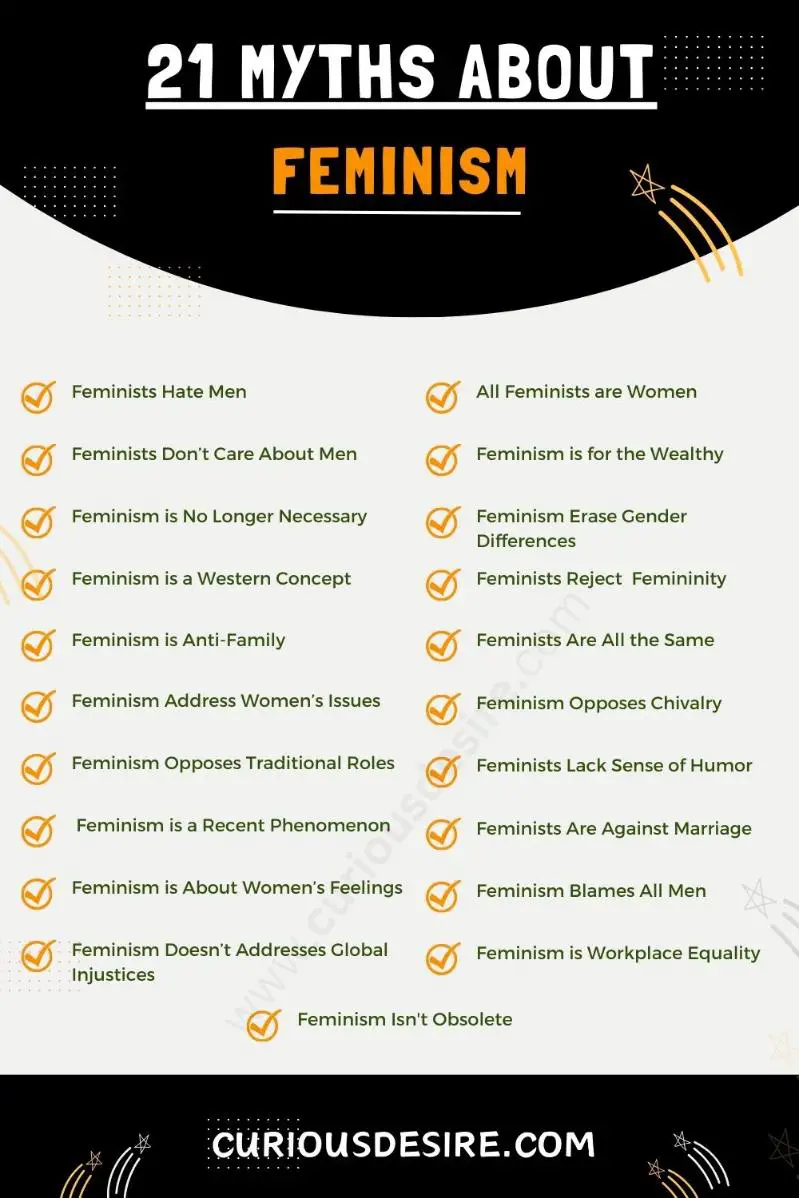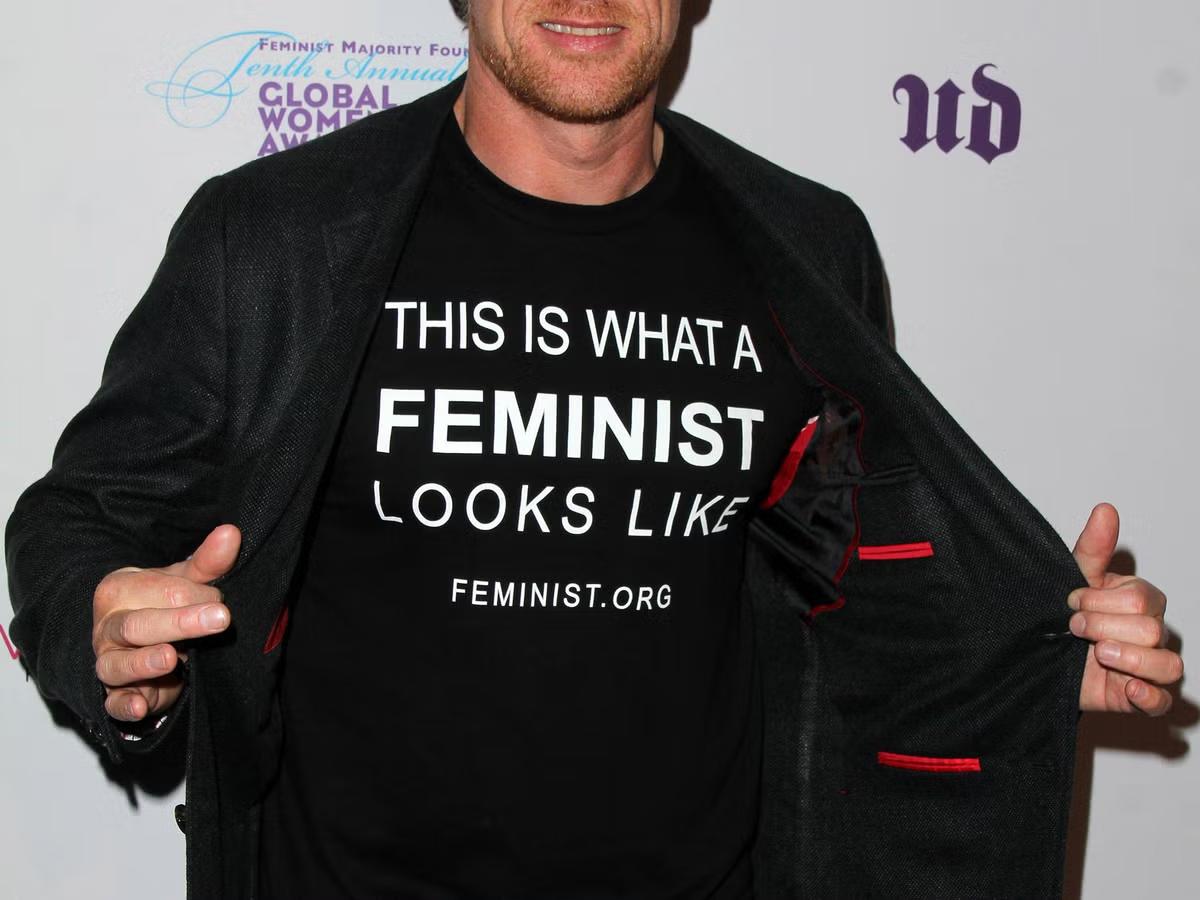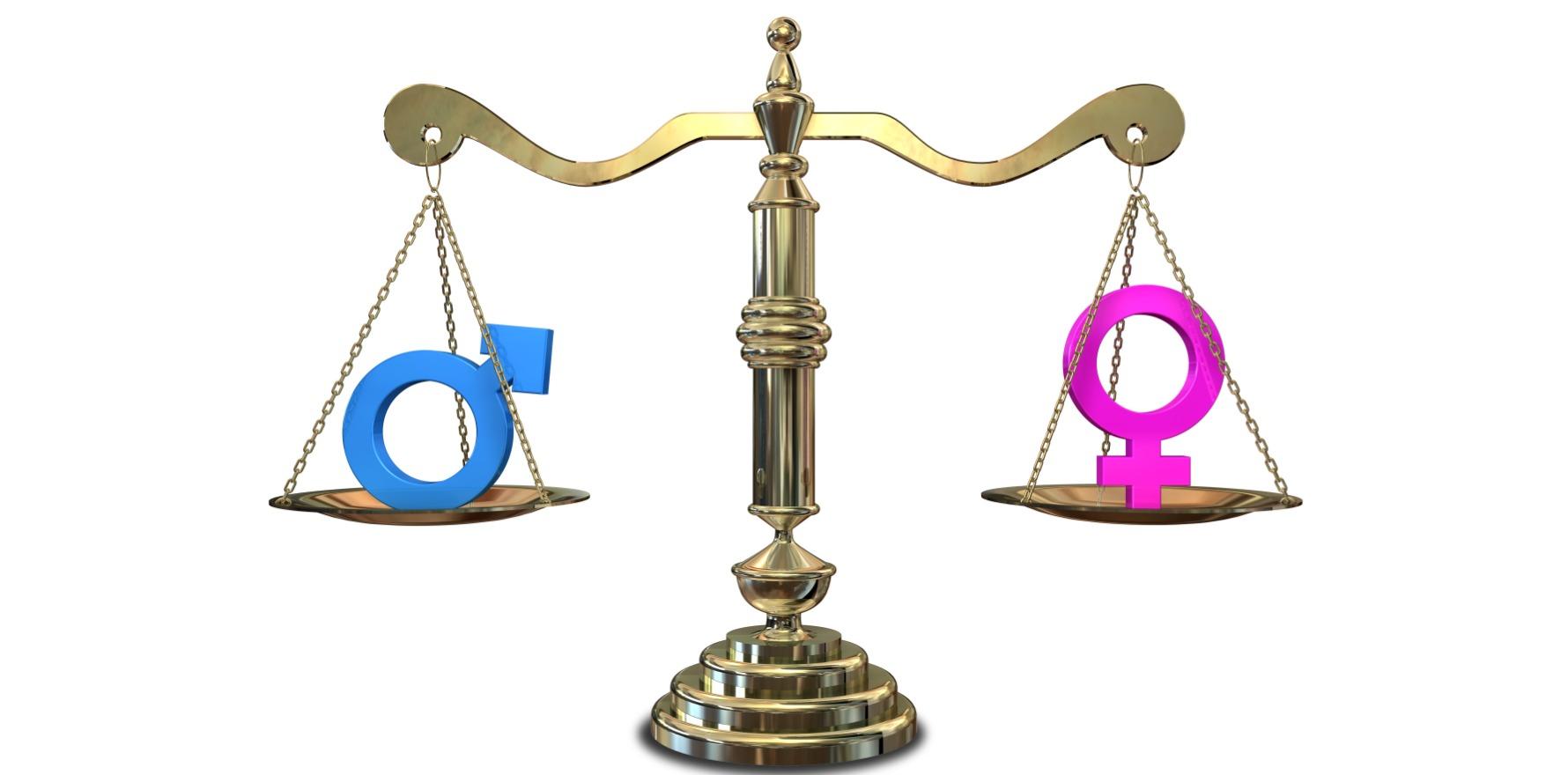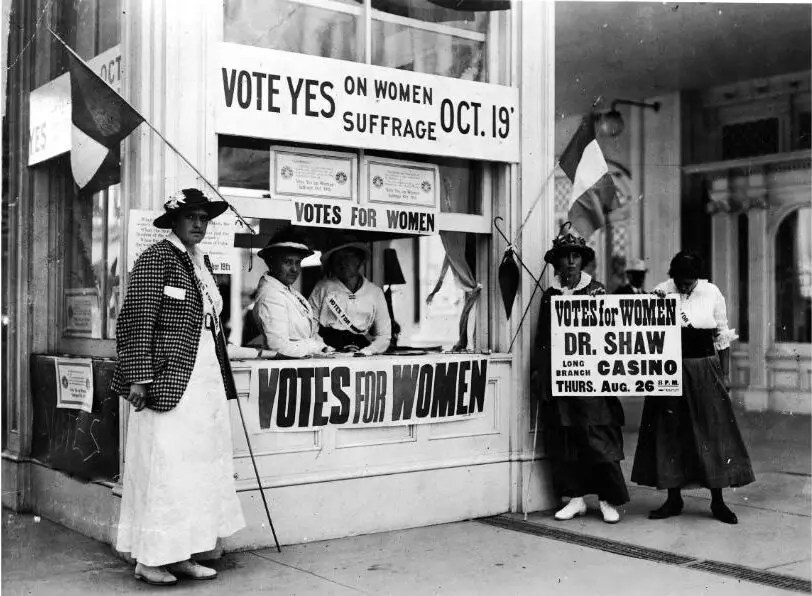Feminism, a powerful movement advocating for gender equality, has driven transformative changes globally.
Yet, like any complex ideology, it contends with misconceptions that obscure its true principles.
These myths often arise from historical stereotypes, misinterpretations, and a lack of comprehensive understanding.
In this article, we’ll debunk some of the very common misconceptions about feminism, providing a clearer perspective.
5 Most Common Myths about Feminism:
- Feminism Is About Hating Men
- All Feminists Are Women
- Feminists Reject Traditional Femininity
- Feminism Is No Longer Necessary
- Feminism Blames All Men for Gender Issues
[toc]

Feminism Myths FAQs
What is feminist mythology?
Feminist mythology refers to the reinterpretation and analysis of myths, legends, and cultural narratives through a feminist lens.
It seeks to uncover and challenge traditional gender norms and power dynamics present in these stories, offering alternative perspectives that empower women and critique patriarchal structures.
What is myth criticism in feminism?
Myth criticism in feminism involves examining cultural myths and narratives to uncover and critique gender biases, stereotypes, and power imbalances.
It analyzes how myths contribute to the reinforcement or subversion of patriarchal norms and how feminist reinterpretations can reshape these narratives.
What are the beliefs of feminism?
Feminism encompasses a range of beliefs centered on achieving gender equality.
Core principles include advocating for equal rights, opportunities, and treatment for all genders, challenging gender-based discrimination, dismantling oppressive systems, and promoting inclusivity and diversity within societal structures.
What is the paradox of feminism?
The paradox of feminism lies in the tension between advocating for equality and navigating the complexities of diverse feminist perspectives.
It involves addressing internal tensions within the movement, such as debates about intersectionality, differing priorities, and reconciling individual choices within the broader goal of gender equality.
What is the truth about feminism?
The truth about feminism is that it is a diverse and evolving movement united by the pursuit of gender equality.
It seeks to address systemic inequalities, challenge gender norms, and create a more inclusive and just society for all genders.
What is feminist bias?
Feminist bias refers to a perspective that actively seeks to challenge and counteract traditional biases against women.
It involves recognizing and addressing historical and systemic prejudices while promoting a more equitable representation of women in various fields and spheres.
Who is the father of feminism?
While feminism has many historical contributors, Mary Wollstonecraft is often regarded as a foundational figure in feminist thought. Her work, “A Vindication of the Rights of Woman” (1792), laid the groundwork for early feminist philosophy.
Can a male be a feminist?
Yes, a male can be a feminist. Being a feminist means supporting and advocating for gender equality, and individuals of any gender can contribute to and align with feminist principles.
What are the issues of feminism?
Feminism addresses various issues, including the gender pay gap, reproductive rights, violence against women, workplace discrimination, lack of representation, and societal expectations reinforcing gender stereotypes.
Intersectional feminism recognizes that these issues intersect with race, class, and other factors.
What is the gender theory paradox?
The gender theory paradox refers to the tension between acknowledging the socially constructed nature of gender while also recognizing the importance of individual gender identities.
It involves navigating the complexities of understanding gender as both a social construct and a deeply personal aspect of identity.
What is the meaning of the word paradox?
A paradox is a seemingly contradictory statement or situation that, upon closer examination, may reveal a deeper truth or resolution.
It challenges conventional understanding and invites reflection on the complexities within a concept.
What is the paradox of the idea of equality?
The paradox of the idea of equality involves the tension between advocating for equal treatment while recognizing and addressing historical and systemic disparities.
It acknowledges that achieving true equality requires addressing existing imbalances and dismantling discriminatory structures.
What is the female unhappiness paradox?
The female unhappiness paradox suggests a discrepancy between societal progress and the reported levels of happiness among women.
It questions why, despite advancements in women’s rights, some studies show women reporting lower levels of happiness, prompting exploration into societal expectations and gender roles.


